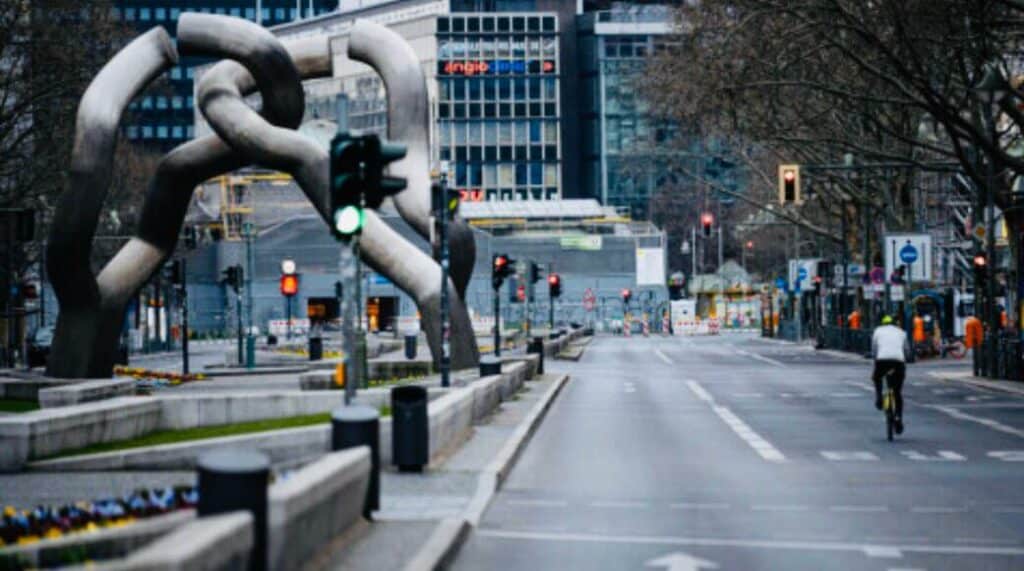Australia is getting ready to end COVID restrictions even on people who haven’t yet got themselves vaccinated. Yet things are going in just the opposite direction in Europe, perhaps a taste of what’s in store for Australians next autumn.
EU nations look set to place further restrictions on those who have yet to receive their COVID vaccination. In Austria, as of Monday, anyone who has not been vaccinated will be subject to the moderate lock-down regime.
They will be allowed out to go to work and for essential purposes like buying groceries. Already barred from bars, restaurants, cinemas and hair-dressers, they will now be unable to leave home for any other purpose.
Germany is moving in the same direction. Those who are not vaccinated will have to provide a negative COVID test to travel by bus or train or enter a workplace. Anyone who is forced to miss work because of this will not be eligible for the quarantine support payments from the government.
The Vice-President of the Social Democrats MPs, who are expected to form government, said the basic idea is “lockdown for the unvaccinated.”

The Cost of Not Locking Down the Unvaccinated?
Anti-vaxxers will undoubtedly cry foul about all this, but there is more and more evidence that vaccines reduce not just one’s personal risk, but the risk of transmitting the virus to others also.
Holland, on the other hand, seems reluctant to establish differential rules for the unvaccinated. This is going to come at the cost of greater restriction on the population as a whole.
The Dutch measures mean that bars and restaurants will close at 8pm, there will be no spectators at sports stadiums, and workers will be encouraged to work from home. Cinemas will stay open as well as schools, with children 13 years or older will be required to wear a mask.
Continental Europe has stubbornly low rates of COVID vaccination. In Austria, just two-thirds of adults have had their shot. Rates are similar in France and Sweden, and even hard-hit countries like Spain and Italy are stuck in the 70-80% bracket.
Follow Christian on Twitter for more news updates.